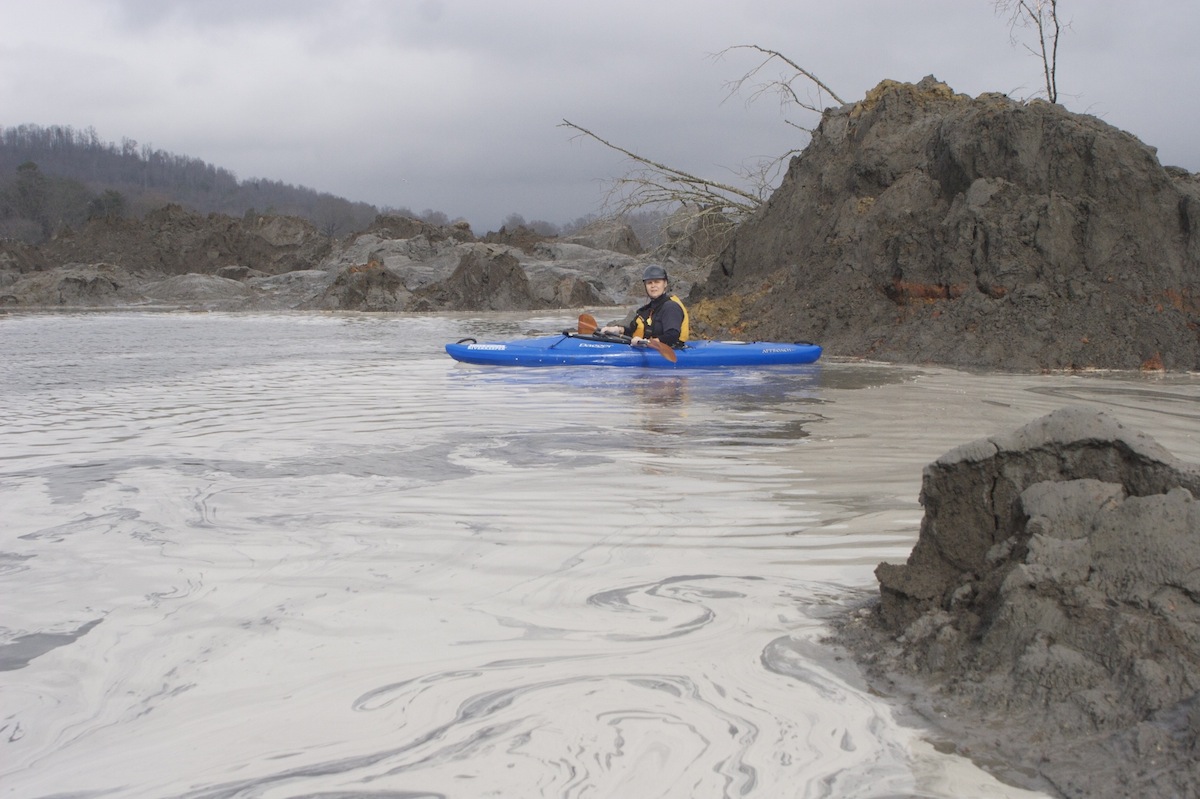TALLAHASSEE – To enhance water quality protection and restoration efforts for Wakulla Springs, Governor Rick Scott and the Florida Cabinet today approved a $1,525,000 acquisition of 678.67 acres within the Wakulla Springs Protection Zone Florida Forever project.
Wakulla Springs, located south of Tallahassee, is one of the largest and deepest artesian springs in the world. This parcel will help to close the conservation lands gap between the Apalachicola National Forest and the Wakulla State Forest and will also provide valuable aquifer recharge and surface water quality protection.
“The Department continues to focus on acquisitions that address water quality and quantity needs and this land purchase will help to buffer and protect Wakulla Springs,” said department Secretary Herschel T. Vinyard Jr. “This is another piece necessary for protecting our state’s springs, which staff has been so committed to doing under the leadership of Governor Scott.”
Wakulla Springs is protected by Edward Ball Wakulla Springs State Park and Wakulla State Forest. However, enormous caverns that feed the spring spread far to the north and west of the park. The land will be managed by the Florida Forest Service as an addition to the state forest. The site is also designated within the “primary range” for movement and reproduction of the state-threatened Florida black bear and will provide a travel corridor from the Big Bend to St. Marks.
“This acquisition represents an important next step in the protection of Wakulla Springs, one of northwest Florida’s most treasured water resources,” said Northwest Florida Water Management District Governing Board Member Jon Costello. “As the Governing Board member representing the St. Marks River Basin, I look forward to seeing the District continue to work with state and local agencies to improve water quality in Wakulla Springs.”
The property is located within the Upper Wakulla River Basin, and this area exceeds the total maximum daily load for nitrate, adopted in 2012. The Basin Management Action Plan, or restoration plan for the basin, is being developed, and acquisition of this property will help protect the spring and lead to its restoration.
“It is outstanding that this land is going to be protected by the state,” said Wakulla County District 3 Commissioner Howard Kessler. “Adding the purchased lands to the larger environmental protection effort will enhance the quality of the greater Wakulla area.”
The total Wakulla Springs Protection Zone Florida Forever project contains 7,438 acres, of which 4,158 acres have been acquired or are under agreement to be acquired. Upon today’s approval of this agreement, 3,280 acres, or 44 percent of the project, will remain to be acquired.
For more information, contact Florida Department of Environmental Protection Press Office, 850.245.2112, DEPNews@dep.state.fl.us




